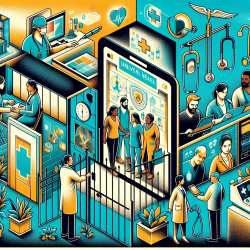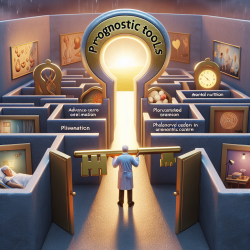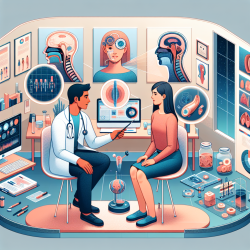Universal Health Care (UHC) is a transformative concept that aims to provide all individuals with access to quality health services without financial hardship. This ambitious goal has gained global attention as a means to improve population health, promote social equity, and drive economic development. The recent research article "The promise and peril of universal health care" offers valuable insights into the potential benefits and challenges of UHC. Here, we explore how practitioners can leverage these findings to enhance their skills and contribute to the realization of UHC.
The Role of Technology in Advancing UHC
One of the key takeaways from the research is the role of technology in facilitating UHC. The integration of electronic medical records, telemedicine systems, and digital health tools can significantly improve the efficiency and reach of health services. For practitioners, embracing these technologies is crucial to delivering timely and effective care.
- Telemedicine: By utilizing telemedicine platforms, practitioners can extend their reach to underserved communities, providing consultations and follow-ups remotely. This not only improves access but also reduces the burden on physical healthcare facilities.
- Electronic Medical Records (EMRs): Implementing EMRs ensures that patient data is readily available, improving continuity of care and reducing errors. Practitioners should advocate for EMR adoption in their practices to enhance patient outcomes.
- Digital Health Tools: Tools such as mobile apps for medication adherence and remote monitoring devices empower patients to take charge of their health, allowing practitioners to focus on more complex cases.
Navigating Challenges in UHC Implementation
The journey towards achieving UHC is fraught with challenges, including financial constraints and workforce shortages. Practitioners play a critical role in addressing these issues by adopting innovative strategies.
- Task Shifting: By delegating certain medical tasks to appropriately trained personnel, such as community health workers, practitioners can optimize resource use and expand service delivery.
- Focus on Quality: Ensuring high-quality care is paramount. Practitioners should engage in continuous professional development to stay updated on best practices and emerging evidence-based interventions.
- Cultural Competency: Understanding and respecting cultural differences is essential in providing equitable care. Practitioners should seek training in cultural competency to better serve diverse populations.
The Path Forward: Encouraging Further Research
The research underscores the importance of ongoing studies to refine UHC strategies. Practitioners are encouraged to participate in or support research initiatives that explore innovative solutions for expanding access and improving care quality.










